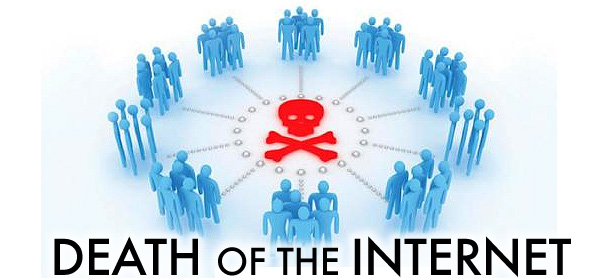The mythic role assigned to progress in today’s popular culture has any number of odd effects, but one of the strangest is the blindness to the downside that clamps down on the collective imagination of our time once people become convinced that something or other is the wave of the future. It doesn’t matter in the least how many or obvious the warning signs are, or how many times the same tawdry drama has been enacted. Once some shiny new gimmick gets accepted as the next glorious step in the invincible march of progress, most people lose the ability to imagine that the wave of the future might just do what waves generally do: that is to say, crest, break, and flow back out to sea, leaving debris scattered on the beach in its wake.
It so happens that I grew up in the middle of just such a temporary wave of the future, in the south Seattle suburbs in the 1960s, where every third breadwinner worked for Boeing. The wave in question was the supersonic transport, SST for short: a jetliner that would fly faster than sound, cutting hours off long flights. The inevitability of the SST was an article of faith locally, and not just because Boeing was building one; an Anglo-French consortium was in the lead with the Concorde, and the Soviets were working on the Tu-144, but the Boeing 2707 was expected to be the biggest and baddest of them all, a 300-seat swing-wing plane that was going to make commercial supersonic flight an everyday reality.
Long before the 2707 had even the most ghostly sort of reality, you could buy model kits of the plane, complete with Pan Am decals, at every hobby store in the greater Seattle area. For that matter, take Interstate 5 south from downtown Seattle past the sprawling Boeing plant just outside of town, and you’d see the image of the 2707 on the wall of one of the huge assembly buildings, a big delta-winged shape in white and gold winging its way through the imagined air toward the gleaming future in which so many people believed back then.

